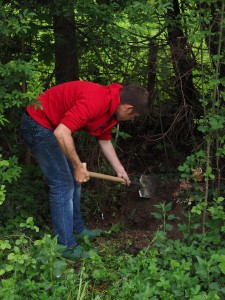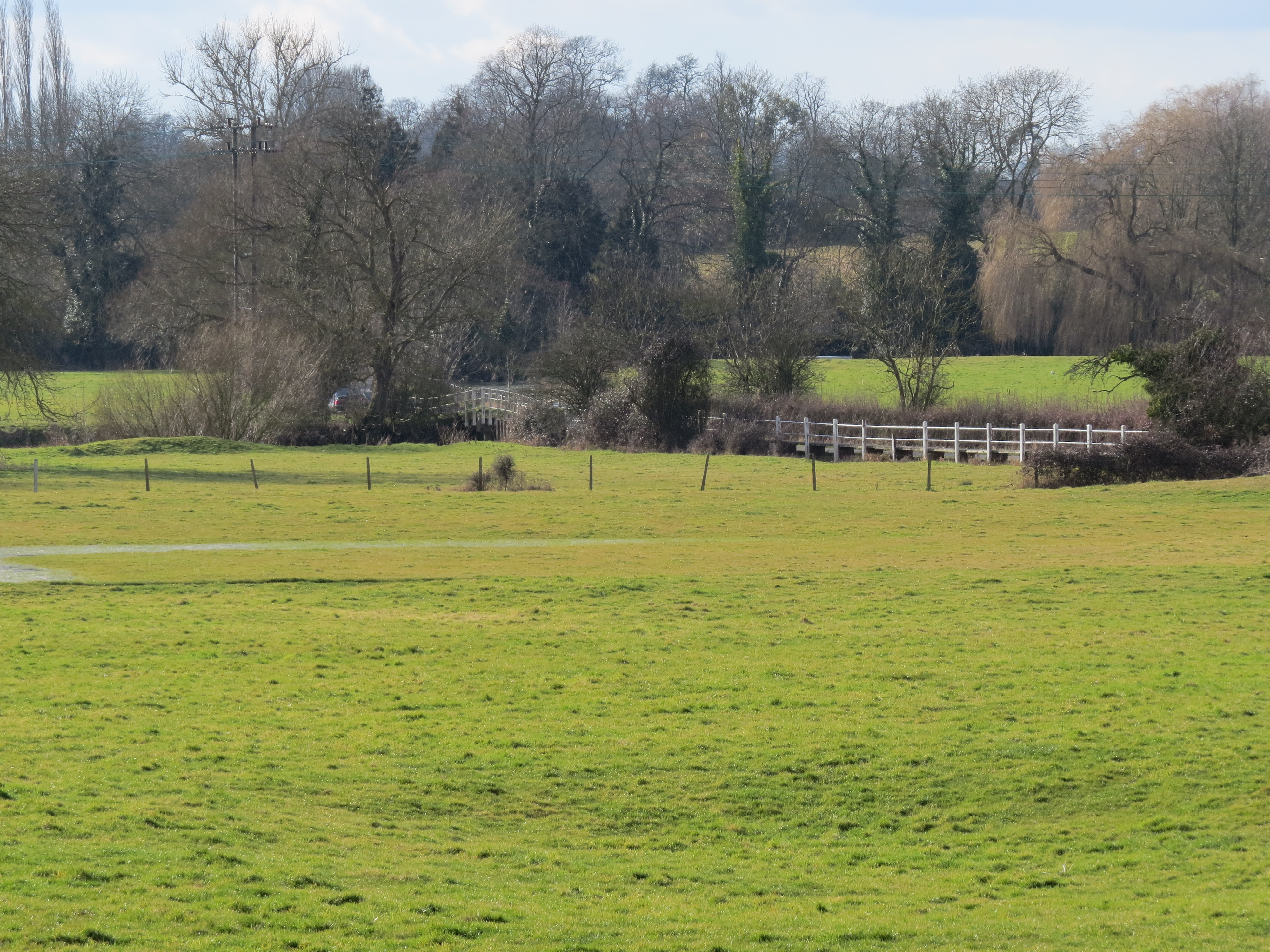Gardening- Avoiding a Sore Back
Summer is in full swing and many of us like nothing better than to get out in the fresh air and potter in the garden. Digging and weeding can be strenuous work though, and it’s all too easy to overdo it and end the day with aches, pains, a sore back or pulled muscles. However with a bit of thought and planning, it’s simple to avoid those injuries and continue to enjoy putting your green fingers to work.
Here are our Top Tips for pain-free pottering:
- Warm up first
Gardening can involve muscles that you don’t use very often, so take a few minutes to warm up before getting down to the hard work. Try a brisk five-minute walk and some stretching exercises - Lift carefully
Take care when lifting heavy pots, bags of compost, full watering cans and so on. To lift correctly, begin by squatting, not bending at your waist. Use both hands to hold the object, keeping it close to your body. Slowly stand up, using your leg muscles to lift, not your back. Use a wheelbarrow or trolley to move heavy items from place to place. Fill large watering cans just halfway, and consider alternative watering options, such as hoses - Take breaks
It’s easy to lose track of time when gardening. Take frequent breaks and do some stretches during these breaks. Avoid doing the same kind of job for a long period. Don’t bend over for hours, determined to finish weeding a flower bed in one go! Switch to something else for a while, such as cutting the grass or dead heading, then finish the weeding later - Get support from kneelers
Getting down on the ground – and back up – can be difficult or even impossible, depending on your level of pain and flexibility. Padded kneelers, especially those with raised handles to help you get up and down, can be very useful and will reduce stress and impact on your knees and back - Use long-handled tools
Long-handled tools can eliminate much of the bending required by planting and weeding - Raise your beds
Creating raised beds, around two or three feet tall, can be a useful option if your flexibility is limited or you use a wheelchair. You can also save your back by focusing on hanging plants from a wall, fence post or window box - Rest and recover
After a productive morning in the garden, if you find your back or neck are aching, apply some ice to calm down any inflammation or relax in a warm bath. And don’t forget that all important cup of tea!


